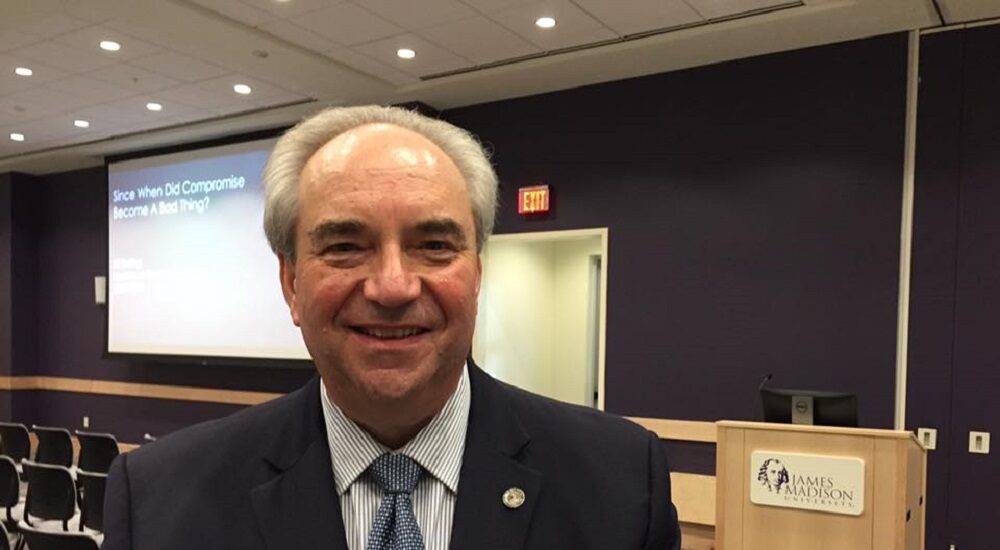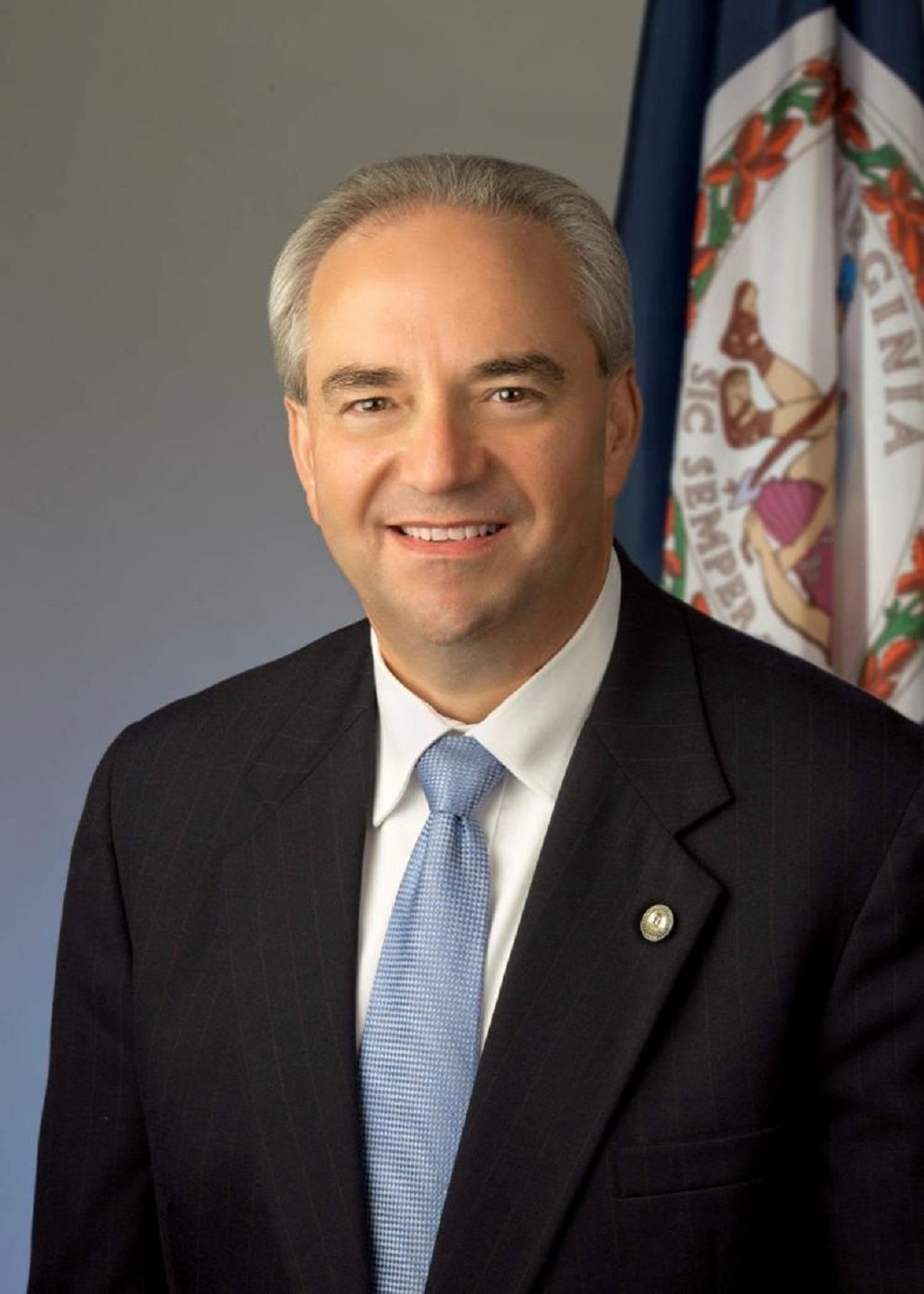Bolling: What Impact Would Trump Criminal Convictions Have on His Presidential Campaign?
Given last week’s historic announcement that former President Donald Trump has been indicted on federal charges related to the alleged mishandling of classified documents following the completion of his term as president in 2021, including allegations of obstruction of justice and conspiracy, many of you have reached out and asked the same question:
“What impact does the fact that Trump is facing federal criminal charges, or the potential that he could be convicted of these offenses, have on his campaign for president?”
That’s a really good question, and I will try and respond to it in this post.
First, there is the potential political impact of this indictment on Trump’s presidential campaign within the GOP. Frankly, I think that will be minimal. Trump’s base supporters are like a cult. (No disrespect intended, but that is the only way I can describe their unyielding devotion to the man.) They support him and they don’t really care what he does. If they did, they would have abandoned him long ago and for good reason. However, they didn’t. They stand by him through thick and thin.
Trump once said “I could shoot someone on 5th Avenue and my supporters would still love me.” That is an astonishing comment and attitude, but time has proven it to be accurate.
Over the years, multiple allegations of a sexual, civil and criminal nature have been brought against Trump and it does not seem to have any impact on the support he has from his political base. In fact, some of his strongest supporters support him all the more because they see these attacks as an effort to silence someone who is fighting for what they believe in. So, from a political perspective, it is doubtful that this indictment, or even a potential conviction, would adversely impact Trump’s base political support within the GOP.
However, this indictment, and certainly a conviction on these charges, would have a devastating impact on Trump’s ability to win a national political campaign. His base support is not enough to win in the critical swing states a Republican must carry in order to win the Electoral College vote. To win in these states, a Republican candidate must be able to attract strong support among moderate and independent voters, and even some more moderate Democrats. Trump did that in 2016, but he could not do it again in 2020, and it was doubtful that he could pull it off in 2024.
With this indictment hanging over his head, as well as his recent conviction in a civil sexual abuse case in New York, his recent indictment in a business related tax fraud case in New York, and his potential indictment on an election interference case in Georgia, it is highly unlikely that these swing voters would support a Trump candidacy in the next presidential election. This is why nominating Trump is such a huge risk for Republicans. His nomination could assure four more years of the Biden/Harris administration.
But the most interesting question may be whether or not a federal indictment or conviction, even on felony charges, would prevent Trump from running for president or serving as president if elected. The consensus seems to be that neither the federal indictment, or even a potential federal conviction, would prevent a Trump candidacy or a Trump presidency, unless of course he is in a federal prison at the time and effectively unable to serve. This is because the Constitution of the United States sets forth the qualifications for serving as president, and there is nothing in the Constitution that would prevent a convicted felon from running for or serving as president. Perhaps there should be, but there is not.
Nonetheless, it would be extraordinary for a person who is under federal indictment, let alone convicted of a felonious offense, to be a major party nominee. There are only a few historical examples of presidential candidates who even come close. They include the unsuccessful run in the 2016 Republican primary by Rick Perry, the former governor of Texas, after he was indicted on charges of abuse of power (the charges were dismissed months after he dropped out of the race); and the 1920 run by Eugene V. Debs as the Socialist Party nominee while he sat in prison for an Espionage Act conviction.
As an aside, most state Constitutions (including Virginia) do prevent persons convicted of a felony from running for or holding public office. That is because these persons lose their civil rights/voting rights when they are convicted of a felony; and most state Constitutions require a candidate for public office to be a registered voter. However, once these convicted felons have their civil rights/voting rights restored, they can run for public office. In fact, the current Democratic leader in the Virginia House of Delegates was once convicted of a felony drug office and served seven years in a federal prison. But he had his civil rights/voting rights restored, and was subsequently elected to the House of Delegates.
Make no mistake, we are in unprecedented historic territory here. It will certainly be interesting to see how this all plays out, both from a political and a legal perspective. But stay tuned. Knowing Trump, and given his ongoing legal challenges, there are no doubt a few more cards left to drop.


